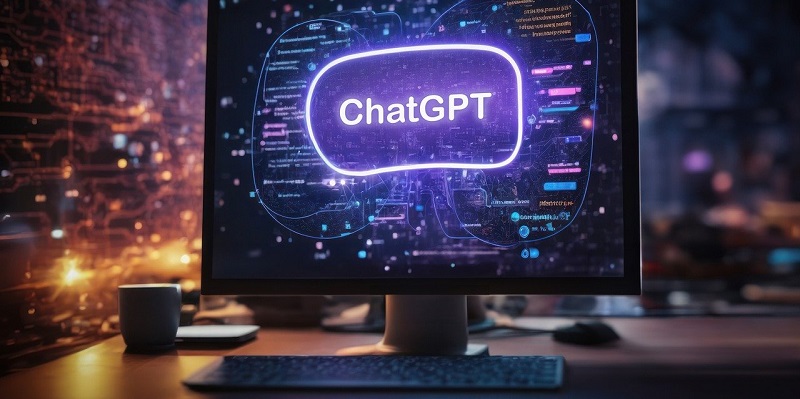The release of ChatGPT was an immediate sensation, causing a revolution in how we find, interact with, and record information. However, its impact has been met with divided opinions among academics. While some see these AI-powered writing tools as a danger to the full spectrum of learning and a shortcut, others recognize the possibilities they offer for brainstorming and creating initial drafts. In this article, we will delve into the controversy surrounding ChatGPT, explore its potential for abuse and inaccuracy, discuss its role in academia, suggest steps to improve its usage, and highlight ways to mitigate its negative effects.
The controversy surrounding ChatGPT
Academics have expressed concerns about ChatGPT, viewing it as a potential danger and a shortcut to learning. They worry that students may rely too heavily on AI-generated content without developing essential critical thinking and research skills. On the other hand, some scholars acknowledge the value of these tools for brainstorming and generating initial drafts, considering them as aids to the writing process rather than replacements for the comprehensive learning experience.
Importance of acknowledging the impact
Ignoring the impact of ChatGPT in academia would be a missed opportunity. It is crucial for educators to stay informed and adapt to emerging technologies. By familiarizing themselves with AI-powered tools like ChatGPT, they can guide students in using them effectively and responsibly. Educators must also understand the distinction between machine learning (ML) or predictive text programs and AI-generated writing, as the latter presents unique implications and challenges.
The potential for inaccuracy and abuse
The power of ChatGPT in generating written content is evident, and with great power comes potential risks. Researchers found that ChatGPT fooled scientists nearly one-third of the time, highlighting the potential for abuse and the dissemination of inaccurate information. This raises concerns about academic integrity, reliability of sources, and the need for critical evaluation of AI-generated content.
The role of AI-generated writing in academia
Despite the controversies and risks, ChatGPT has positive applications in academia. It can be a valuable tool for brainstorming, providing writing assistance, aiding in research, and promoting digital literacy skills. However, educators must be cautious about the potential reduction in critical thinking and originality that may arise from excessive reliance on AI-generated content. Balancing the benefits with the drawbacks is crucial.
Steps to improve the use of ChatGPT
To ensure the responsible use of ChatGPT in academia, several steps can be taken. First, users should learn to express their intentions explicitly by using specific keywords, limiting the potential for the AI model to produce irrelevant or misleading information. Secondly, promoting critical reading and editing skills should be an integral part of utilizing AI-generated writing tools. Students and researchers must learn to carefully evaluate and revise the output generated by ChatGPT. Lastly, academic institutions should establish clear policies and guidelines for the use of AI-generated content in research, ensuring ethical practices and maintaining academic integrity.
Mitigating the negative effects of ChatGPT
While ChatGPT can be a valuable supplement to the writing process, it must not replace human engagement and creativity. Educators should encourage students to use AI-generated writing tools as aids rather than substitutes. Emphasizing the importance of critical thinking, originality, and the role of human abilities in idea generation and writing can help mitigate the potential negative effects of ChatGPT.
The discourse regarding the position of AI-generated writing in academia is in its early stages, but it is undeniable that the impact of tools like ChatGPT cannot be ignored. Educators must consider integrating these technologies responsibly into their teaching methods, striking a balance between leveraging the benefits and addressing the challenges they present. By understanding the risks and taking necessary precautions, the educational community can harness the potential of ChatGPT and AI-powered writing tools to enhance learning, research, and the development of essential skills for the digital age.

